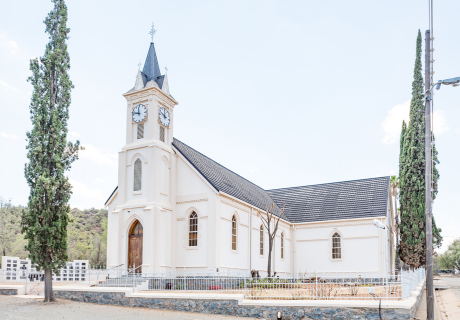In 1914, as European soldiers marched off to the first major war of the 20th century, they claimed they would return home by Christmas to celebrate their victory. However, the young men did not arrive by Christmas. The war dragged on for years, and Europe would never be the same again.
Christmas Eve
However, in December 1914, a truly unexpected event unfolded on the Western Front. It was Christmas Eve, and the weather suddenly turned cold, freezing the slush and water in the trenches where the soldiers were hunkered down.
In the German trenches, soldiers began to light candles. British sentries reported that small lights were raised on poles or bayonets, and although these lanterns illuminated the German troops, the British refrained from firing. Even more astonishingly, British officers observed through binoculars that some enemy troops were holding Christmas trees over their heads with lighted candles on their branches! The Germans, who celebrate Christmas on Christmas Eve, extended holiday greetings to their foes.
Christmas Carols
A few German soldiers began singing carols, and soon, others along the line joined in, harmonising. Then they started singing, “Silent Night! Holy Night!” The British quickly recognised the melody and joined the Germans.
One of the most remarkable incidents in military history occurred then. Against all odds, soldiers from both sides laid down their weapons and ventured into no man’s land—too many to be deterred by their superior officers’ objections. An undeclared truce spontaneously emerged, defying all orders and military rules of engagement.
Christmas Peace
One eyewitness account appears in the wartime diary of veteran Frank Richards. In it, he writes: “We stuck up a board with ‘Merry Christmas’ on it. The enemy stuck up a similar one.
“Two of our men threw their equipment off and jumped on the parapet with their hands above their heads as two of the Germans did the same, our two going to meet them. They shook hands, and then we all got out of the trench, and so did the Germans.”
Richards explained that some German soldiers spoke flawless English. One soldier, who had worked in Brighton before the war, expressed his frustration with the conflict and said he would feel relieved when it was all over. His British counterpart agreed.
Christmas Celebrations
The German officers took the lead at the Christmas gathering, supplying barrels of beer for their men and some for the British soldiers. They exchanged small gifts, ranging from chocolate bars and tobacco to tins of processed beef. Others joined in, and as the day progressed, this mass fraternisation spread along the front, featuring soccer matches between the two forces. Men who, the day before, had been shooting to kill were now sharing tots of rum and showing each other family snapshots.
The men gathered around campfires, singing Christmas carols, with “Silent Night” being the favourite since both sides were familiar with it. Before midnight, they said their goodbyes and returned to their lines.
This remarkable historical event has been immortalised in the film Joyeux Noel. I encourage you to watch it this Christmas, but make sure to have plenty of tissues handy!
Christmas Gift
What the world witnessed in the 1914 event is merely a glimpse of the purpose for which Jesus came. Jesus, God in the flesh, brings good news that causes great joy for all people and peace on Earth to those on whom his favour rests. So, the angel said to the shepherds: “Today, in the town of David, a Saviour has been born to you; he is the Messiah, the Lord.” “Jesus, Lord, at thy birth.”
The Saviour brought peace to the battlefield, transforming hostility into a Silent Night—a holy night where all was calm and bright. Warring men experienced heavenly peace firsthand as well as the dawn of redeeming grace. This profound event exemplifies the peace and goodwill that Jesus brought to Earth, serving as a powerful reminder of the transformative power of His message.
Christmas Present
Peace can be easily found despite all the conflicts, quarrels, and disagreements that still rage on Earth. It’s the most incredible peace of all—peace with God and peace with others when we choose to lay down our differences and embrace others simply because they are created in God’s image. And, unlike the soldiers in 1914, let’s decide not to take up our disputes again the following day!
Why not get to know God this Christmas by inviting Jesus to be your Saviour and friend? The greatest Christmas gift you could ever receive is the presence of God in your life. As a result, you can bring peace to this Earth and goodwill towards others.










